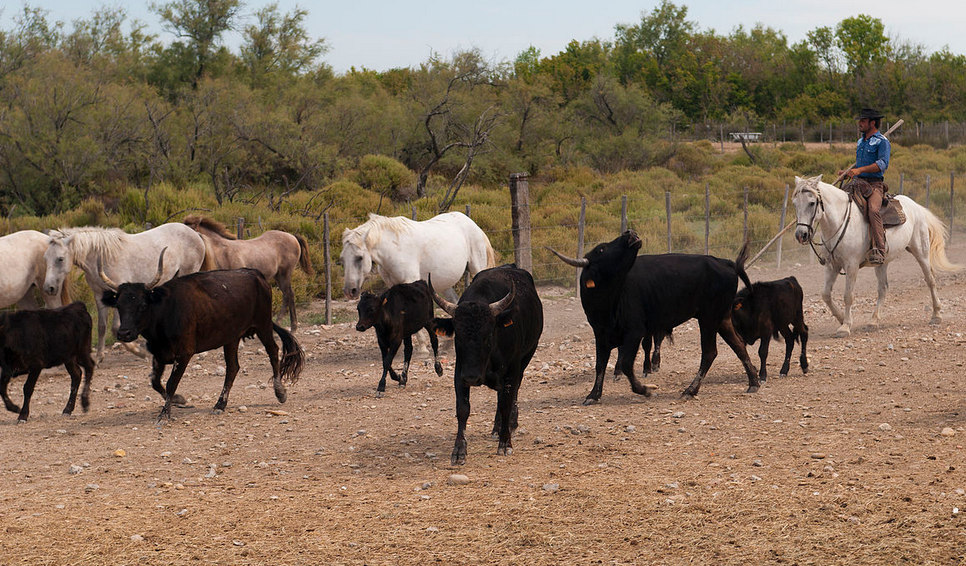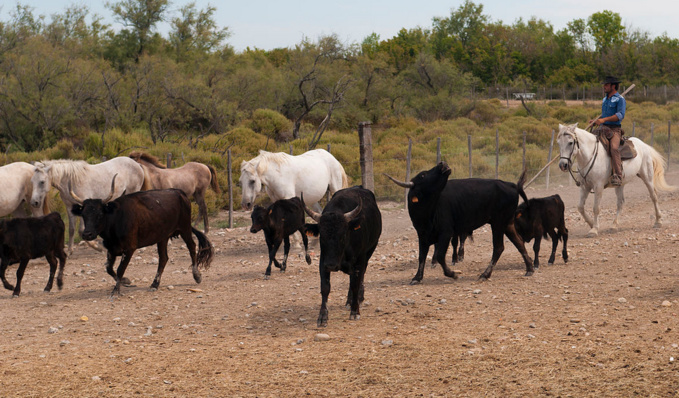According to a joint analysis titled Living Earth by the World Wildlife Fund (WWF) and the Zoological Society of London, there were 69% fewer wild creatures on the planet between 1970 and 2018 — 48 years.
The organization's scientists examined 5230 animal species as part of the study and evaluated population fluctuations across several continents. They concluded that deforestation, rising consumption, and human pollution are among the primary causes of the global decline in wild animal populations.
The authors of the research urge world leaders to come to an agreement in which signatories agree to lower the amount of harmful emissions in their nations as one way to prevent the problem from getting worse. Experts believe that this agreement might be negotiated during the UN Convention on Biological Diversity, which will be held in Montreal from December 5 to December 17.
source: forbes.com
The organization's scientists examined 5230 animal species as part of the study and evaluated population fluctuations across several continents. They concluded that deforestation, rising consumption, and human pollution are among the primary causes of the global decline in wild animal populations.
The authors of the research urge world leaders to come to an agreement in which signatories agree to lower the amount of harmful emissions in their nations as one way to prevent the problem from getting worse. Experts believe that this agreement might be negotiated during the UN Convention on Biological Diversity, which will be held in Montreal from December 5 to December 17.
source: forbes.com



















